In-Country Support
In 2024, we supported 24 countries, of which 23 are Official Development Assistance (ODA) recipient countries - 15 in Africa, 4 in Asia, and 4 in Latin America and the Caribbean. Our programmes successfully facilitated more than 7,500 new energy access connections, bringing the cumulative total from 2020–2024 to 34,206 connections. These results demonstrate the growing effectiveness of our integrated programming and partnerships. Whether delivering on-the-ground results or shaping global dialogues, our work is helping to close the gap between ambition and action in the energy sector.
SEforALL in Barbados
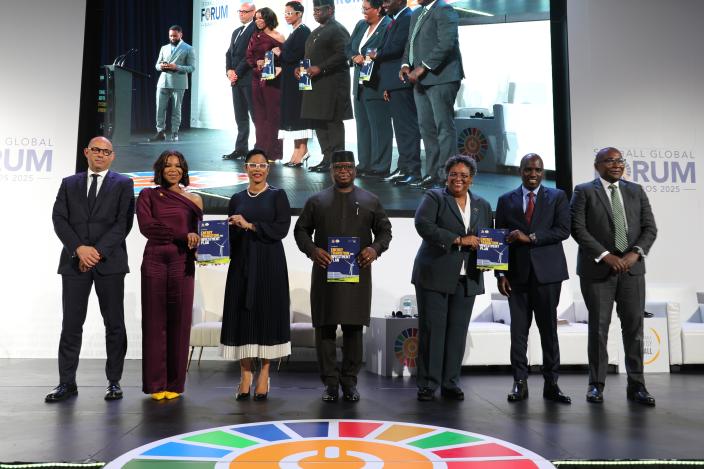
Further developed the Barbados Energy Transition and Investment Plan (ETIP), to be launched at SEforALL Global Forum in 2025. This pioneering plan sets Barbados on a clear path to achieving net-zero emissions by 2035 and 100% renewable electricity by 2030, positioning the island as a trailblazer among Small Island Developing States (SIDS).
Read more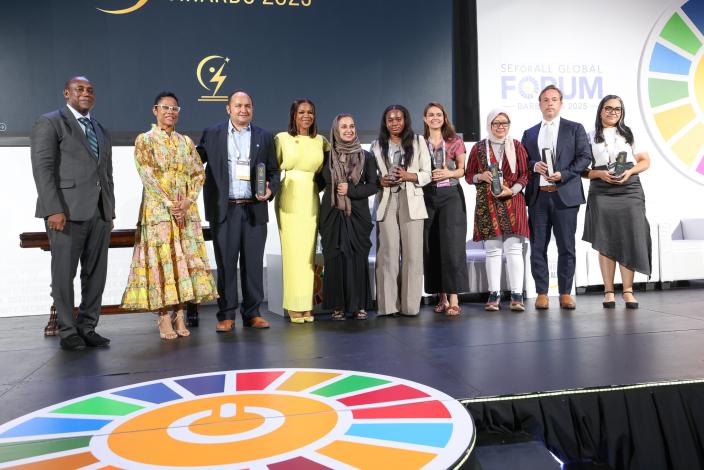
Partnered with the Government of Barbados and local stakeholders to plan the 2025 SEforALL Global Forum, which will convene diverse energy actors to assess SDG7 progress, forge new partnerships, mobilize investment, and tackle energy, climate, and development challenges.
Visit siteSEforALL in Ghana
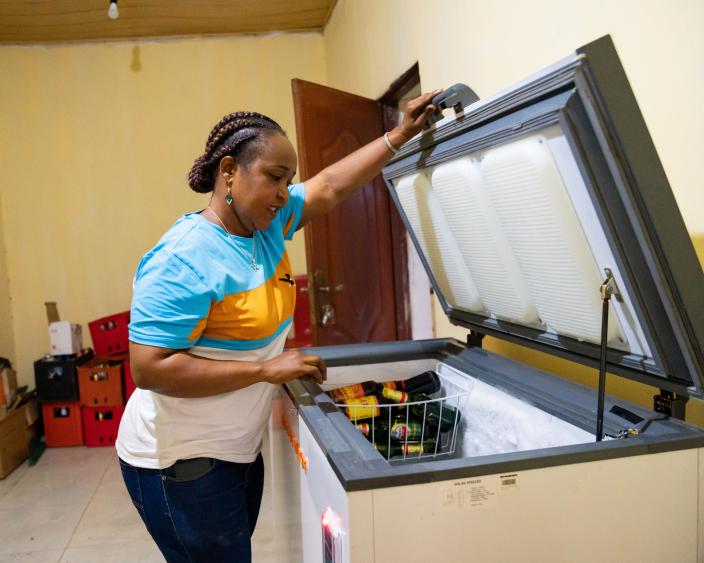
Contributed to the development of Ghana's National Cooling Action Plan and Cooling in Ghana’s Nationally Determined Contributions (NDCs), which aim to promote Cooling as a Service (CaaS) and other innovative financing mechanisms while aligning with energy-saving and climate change targets. Currently in their final stages, these documents will be crucial for shaping Ghana’s climate and energy policies.
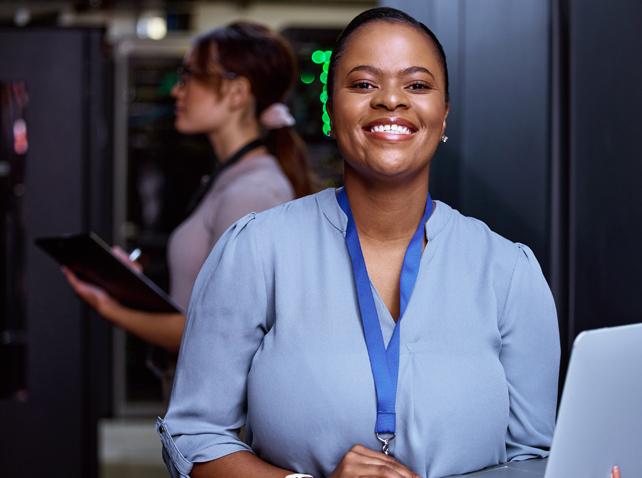
Launched the Ghana ETIP and Bold Moves Ghana online, attracting global stakeholders, including donors and private investors. The launch generated strong engagement, fostering discussions on investment opportunities and accelerating Ghana’s transition to sustainable energy.
Watch Bold Moves Ghana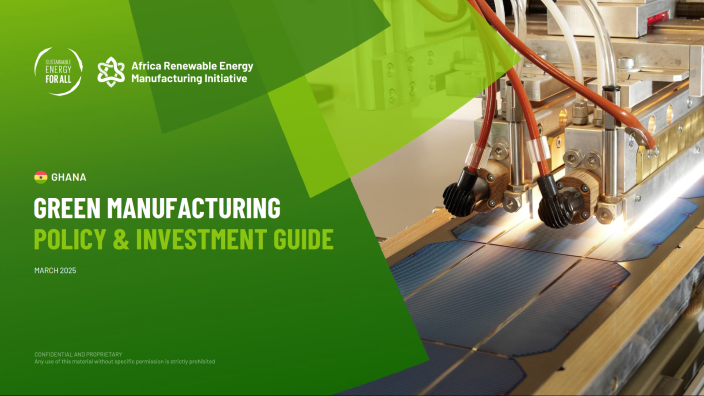
Raised awareness among key Ghanaian stakeholders on renewable energy manufacturing and financing policies through the sensitization of the Ghana Green Manufacturing Policy and Investment Guide. This was achieved in collaboration with the Africa Renewable Energy Manufacturing Initiative (REMI) and the Ghana Investment Promotion Center, ensuring informed decision-making in the sector.
Read moreSEforALL in India

• Implementing a multiyear initiative to support India’s energy transition by demonstrating 2–3 GW of flexible demand by 2026 via pilot programmes in at least four states. Working with central ministries, distribution companies (DISCOMs) and state authorities to align energy efficiency with renewable energy goals, including regulatory sandbox pilots and aggregator participation in power markets.
• Elevated and supported energy efficiency initiatives in India as a lead partner in the Mission Efficiency coalition. Efforts include raising national awareness of energy efficiency benefits, developing demand flexibility programmes and establishing a marketplace to link energy efficiency projects with potential investors.
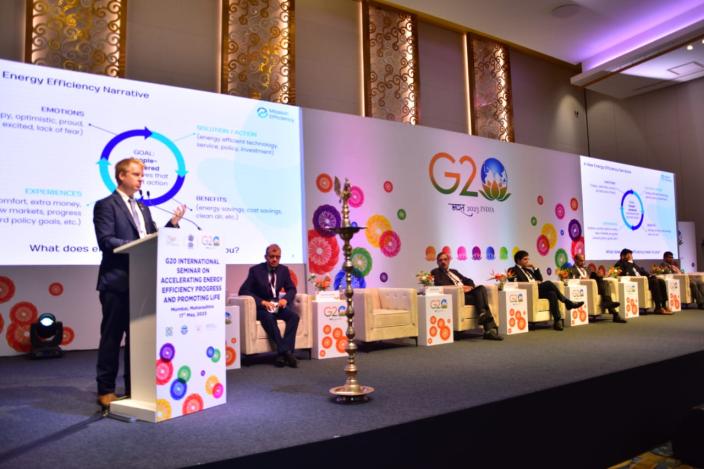
Facilitated a peer learning visit in Delhi in May 2024 with the Global Energy Alliance for People and Planet (GEAPP) and World Resources Institute (WRI) India, showcasing India’s experience in deploying over 8,100 electric buses. Informed Nigeria’s COP28 e-bus commitments and Presidential Compressed Natural Gas (CNG) Initiative, while advancing South-South collaboration to support clean public transport and regulatory readiness.
SEforALL in Indonesia
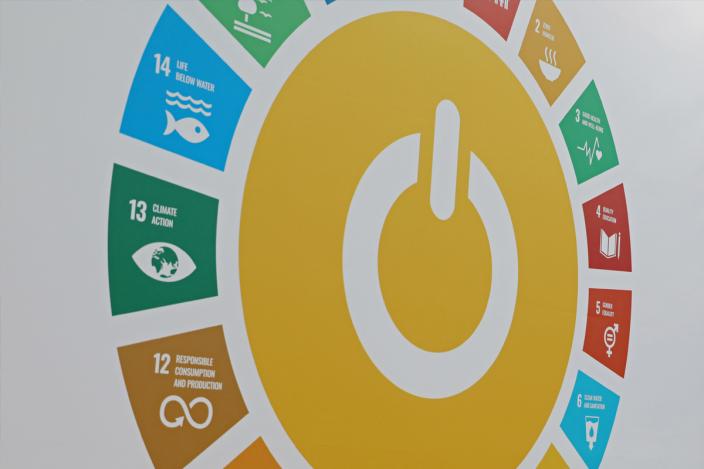
Strengthened Indonesia’s Nationally Determined Contribution (NDC) implementation by leading and conducting a comprehensive mapping of tools and offerings from 23 UN agencies, enhancing policy coherence and enabling a unified UN response to national energy transition priorities.
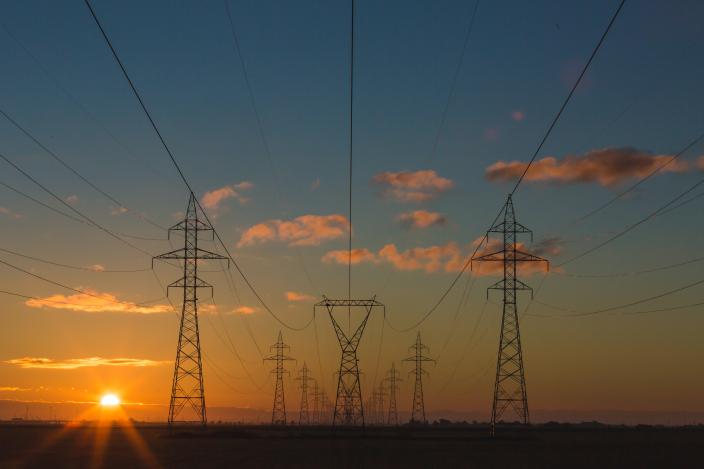
• Informed high-level government and UN decision-making on energy transition policies through drafting key deliverables for the UN in Indonesia and the development of knowledge products. This included the UN Sustainable Development Cooperation Framework for 2026-2030, the annual results report 2025 and the common country analysis.
• Organized high-level discussions to align national policies, such as Indonesia's National Cooling Action Plan (I-NCAP), with global SDG7 targets and secure commitment for Energy Compact Finance Roundtables, including the UN Country Team (UNCT) meetings and consultations with the Ministry of Energy and Mineral Resources (MEMR) and the Ministry of National Development Planning (BAPPENAS).
SEforALL in Kenya
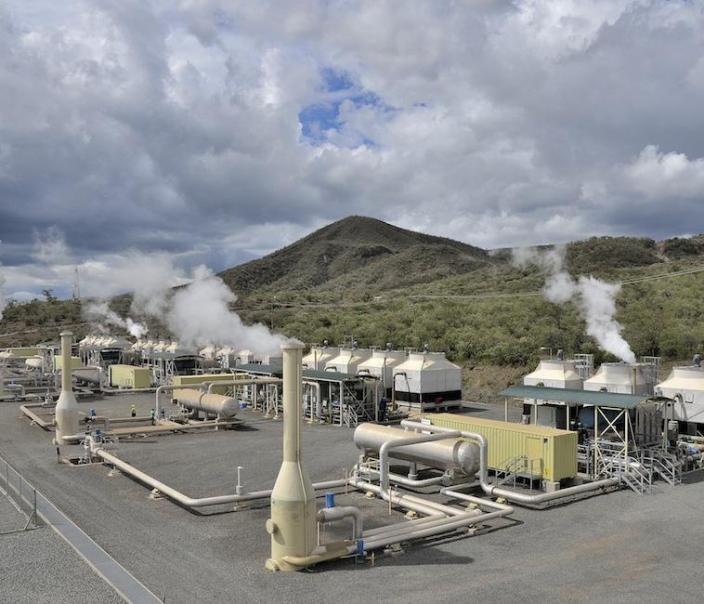
Achieved a 420.2% Compound Annual Growth Rate (CAGR) in female youth-led energy projects through grants and low-interest loans facilitated by the Energy Efficiency and Cooling Investment Marketplace Workshop, with revenue increasing from USD 9,479 (2022) to USD 203,876 (2024).
Read more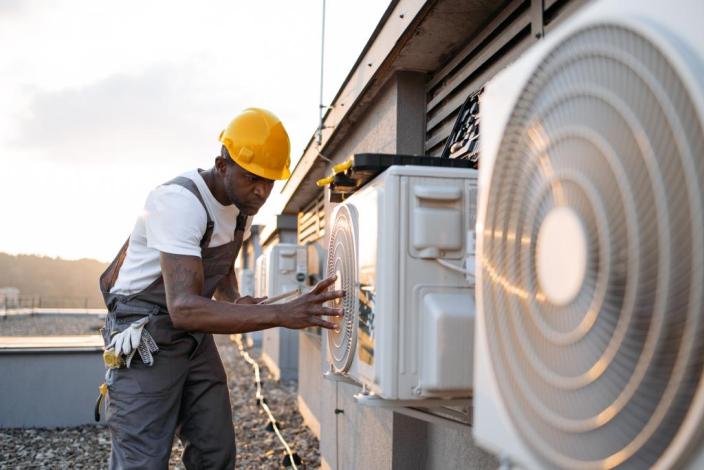
Raised global awareness on sustainable cooling for SDG7, resulting in 10 counties endorsing the COP29 Subnational Pledge of the Global Cooling Pledge and the deployment of energy-efficient cooling technologies in 200 facilities, reducing energy use by 30%.
Read more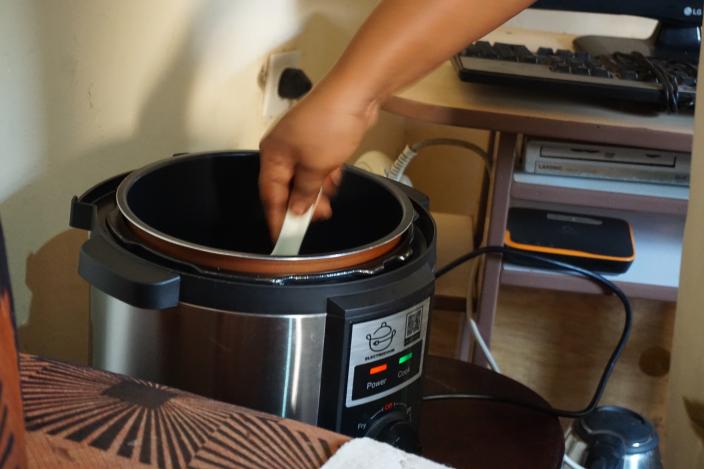
Supported the development of Kenya’s National Cooking Transition Strategy 2024–2028, which sets a goal of universal access to clean cooking by 2028. The strategy draws on insights from Kenya’s ETIP and aligns with national efforts to reduce emissions from cooking, reinforcing the country’s pathway to 100% clean energy by 2030.
Read moreSEforALL in Madagascar
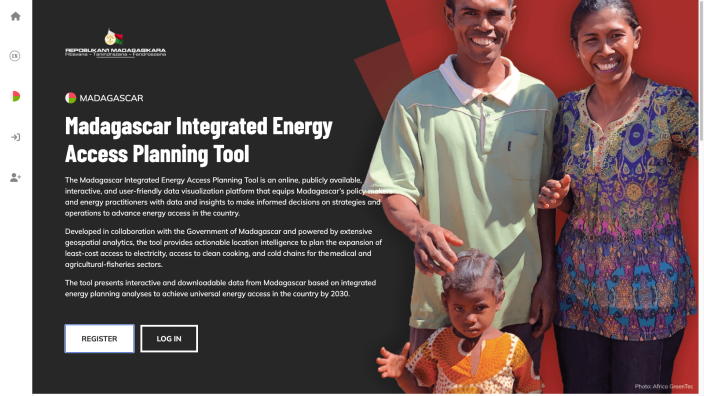
The Madagascar IEP was successfully launched and presented in both formal and informal donor coordination meetings highlighted by the Ministry of Energy and Hydrocarbon (MEH) as an important tool for decision-making and coordinating donor support in the energy sector.
Visit site
The Madagascar Powering Healthcare Market Assessment and Roadmap was successfully launched, accompanied by the creation of a health-energy nexus working group during project implementation. This group has remained active beyond the completion of the Roadmap, evolving into a crucial platform for accelerating sub-sectoral decision-making. The World Bank (WB) is now collaborating with the working group to implement two projects that will provide electricity to 1,500 health facilities —representing 50% of the country’s total — by 2028.
Read more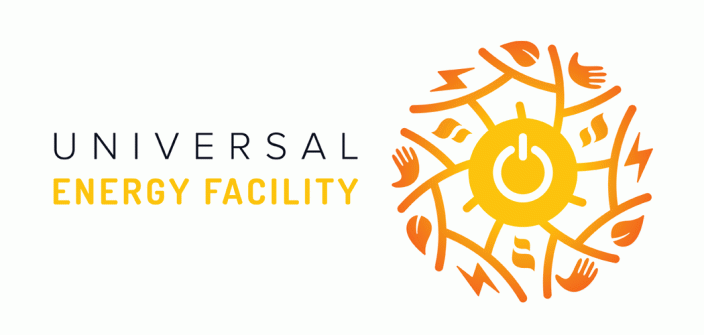
The Universal Energy Facility (UEF) has successfully verified an additional 8,949 mini-grid connections (5,173 of them in 2024) in Madagascar. Connections have significantly improved access to household electricity for over 40,271 people and 813 businesses or institutions. A total of 0.83 MW of renewable energy capacity has been installed across 27 localities in Madagascar, further bolstering the availability of renewable energy.
Visit siteSEforALL in Nigeria
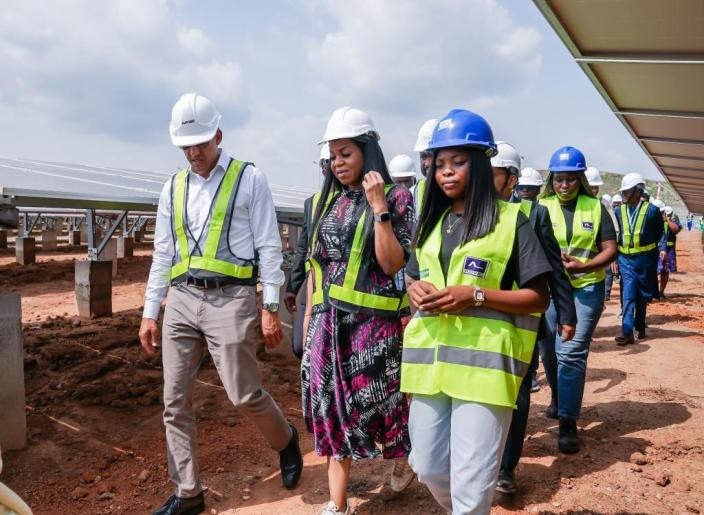
Developed the Nigeria ETIP 2.0, through a collaborative update process involving key government and private sector stakeholders, including the National Council on Climate Change, Ministry of Power and the Nigeria Sovereign Investment Authority. The revised plan reflects recent data and policy developments since the launch of the initial Energy Transition Plan in 2022.
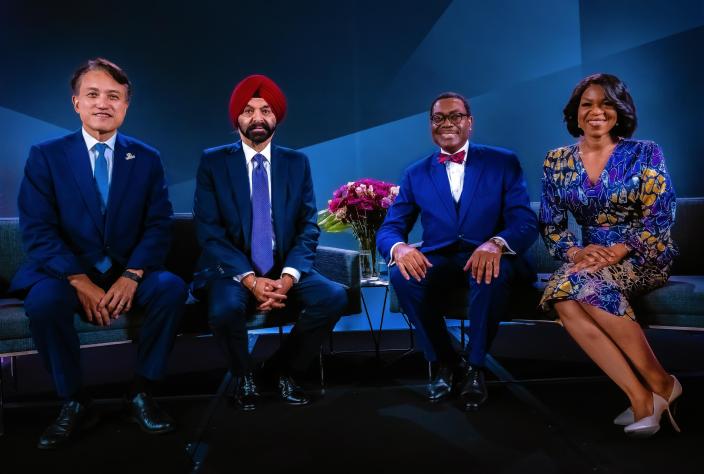
Facilitated a USD 2 billion commitment for Mission 300 through partnerships with the Rural Electrification Agency (REA), Nigeria Sovereign Investment Authority (NSIA)/Renewables Investment Platform For Limitless Energy (RIPLE), and InfraCredit, unlocking significant local currency financing for developers. Strategic engagements, such as the Pension Fund Mobilization Workshop, have further enhanced financial support for sustainable energy projects.
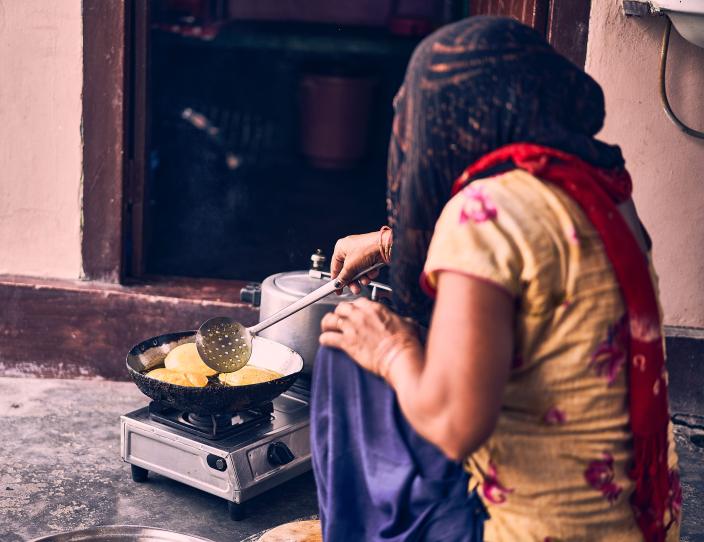
Contributed to Nigeria’s Federal Executive Council approval of the National Clean Cooking Policy, driving investments, strengthening regulations, and accelerating the adoption of clean cooking solutions nationwide.
Read moreSEforALL in Rwanda
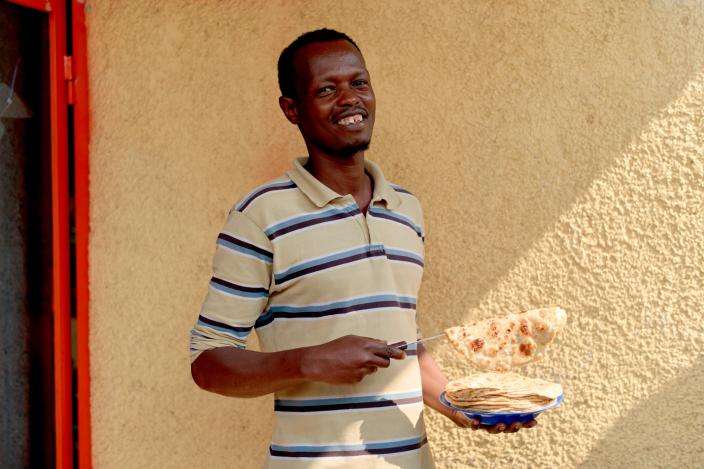
• To support expanding clean cooking access in Rwanda, the final draft of the National Integrated Clean Cooking Plan (NICCP) and the Integrated Clean Cooking Planning Tool (ICCPT) were presented to the government and sector stakeholders in November 2024. The model considers various factors such as consumer awareness, adoption of technologies, and population growth.
• Developed with the Technical Working Group, the NICCP informed Rwanda’s 2nd National Strategy for Transformation (NST-2) and the Energy Sector Strategic Plan. It supplied data to help estimate the techno-economic and financial impacts of planning decisions.
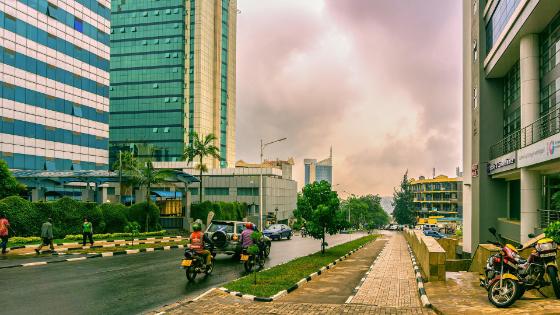
In partnership with the World Bank, SEforALL assessed the potential for productive use of energy (PUE) in Rwanda through a pilot study as part of the Access Accelerator programme. Categories of high-potential PUE technologies covered by the pilot study were solar water pumps (SWPs), solar-powered refrigerators, electric motorcycles and electric pressure cookers (EPCs).
SEforALL in Sierra Leone
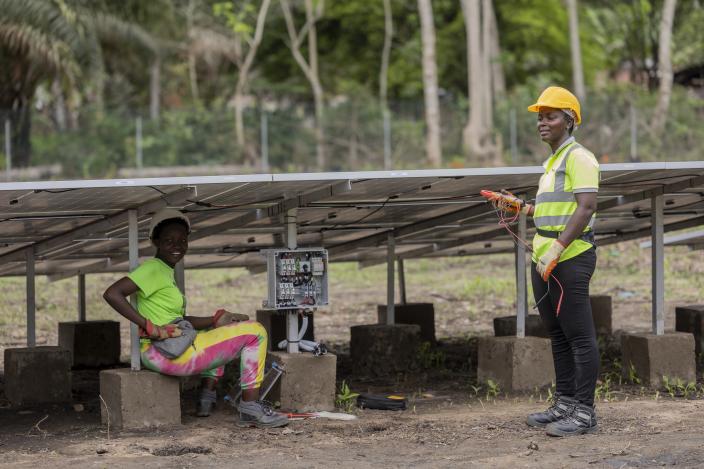
Launched in November 2024, Sierra Leone’s Energy Transition and Green Growth Plan, focuses on scaling renewable energy, expanding off-grid solutions, promoting inclusive participation, and leveraging global partnerships across multiple sectors: power, transport, industry and agriculture to meet future demand and align with climate objectives.
Read more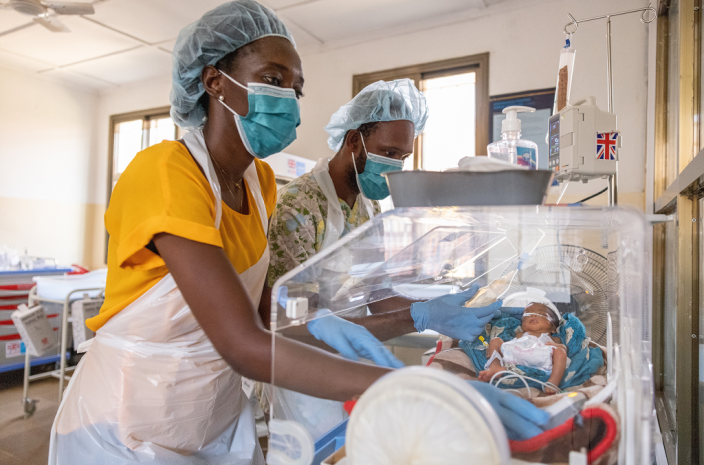
The Powering Healthcare (PHC) programme has advanced energy access for health facilities while promoting the transition to renewable energy. In 2024, 24 verified Community Health Centres (CHCs) and hospitals were equipped with solar-powered solutions, adding to the 6 hospitals electrified in 2023.
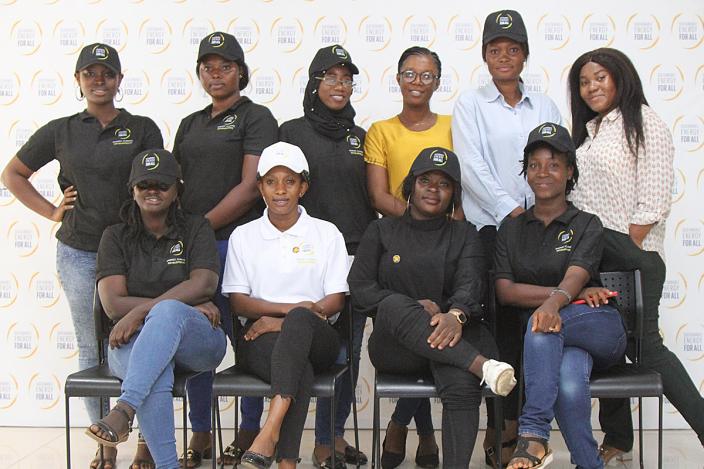
Prioritized solar-powered lighting and energy for vaccine storage in maternal and child health facilities through the Sierra Leone Healthcare Electrification Project. Trained and employed women in the energy sector, including 23 STEM trainees, while addressing the energy needs of female healthcare workers and empowering women through the Gender Equality and Women’s Empowerment (GEWE) Act.
Read moreSEforALL in Tanzania
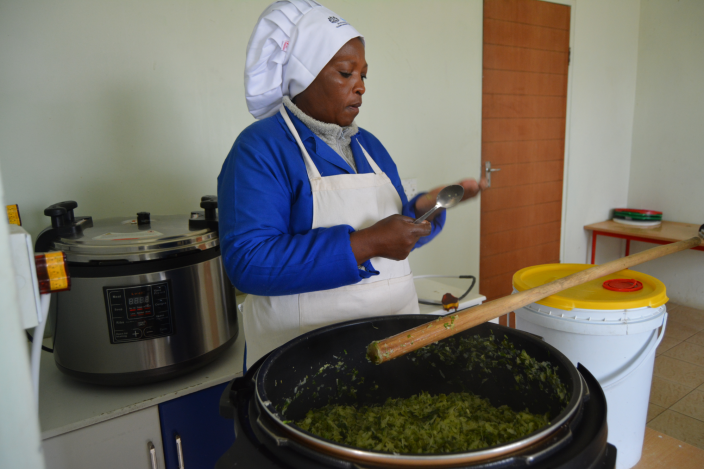
Launched and secured USD 1 million funding for the Clean Cooking Transition in Schools initiative in partnership with World Food Programme (WFP), Modern Energy Cooking Services (MECS), and the Government of Tanzania, targeting 50 grid-connected primary schools with eCooking solutions in the first phase. The project aims to improve school feeding environments for over 2,500 students and demonstrate scalable institutional clean cooking models.
Read more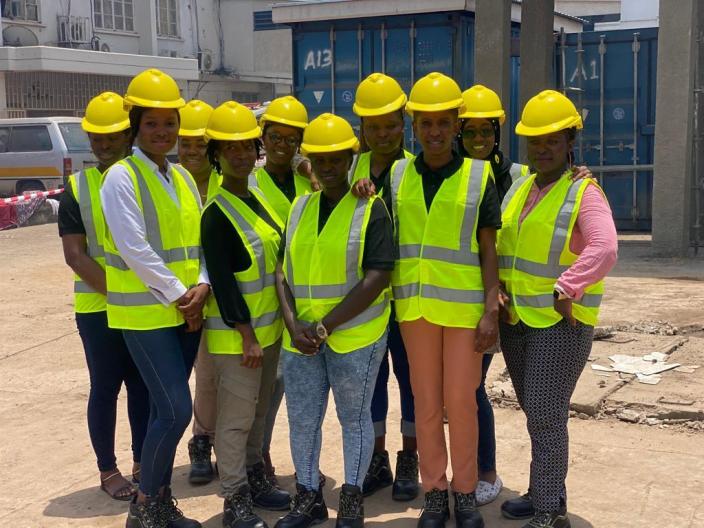
Embedded a gender-sensitive STEM traineeship model into the Clean Cooking Transition in Schools initiative, launching a call for applications in December 2024 to recruit approximately eight young Tanzanian women for activity-based technical training. The programme combines technical training on e-stoves and carbon financing with professional development in communication, leadership and community engagement, equipping trainees to promote clean cooking adoption while advancing gender equity in the energy sector.
SEforALL in Zambia

Launched Zambia Energy Demand Stimulation Incentive (ZEDSI) via the Universal Energy Facility (UEF) programme. Through the design and implementation of ZEDSI, SEforALL will provide complementary financing to 100+ priority sites that will unlock and enable energy consumption growth through increased PUE adoption.
Visit site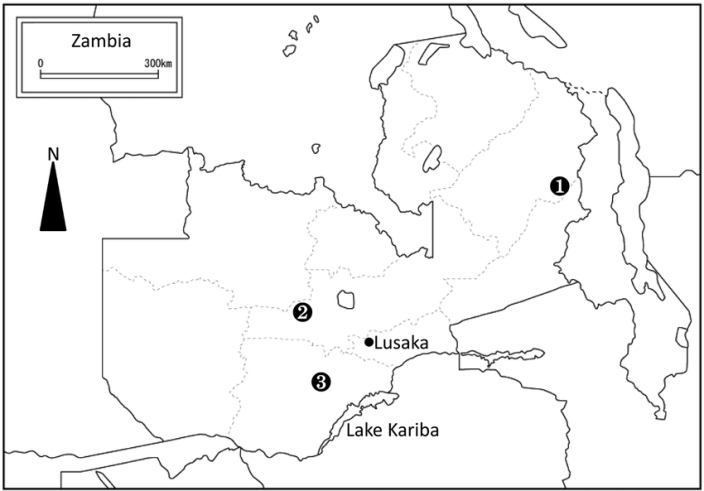
• Facilitated the generation of ground-truthing data through exercises in 96 out of 105 priority sites, sharing the dataset with the Rural Electrification Agency (REA) to enhance planning and support the intended updates to the revised Rural Electrification Masterplan. The exercise improved the quality of GIS Data for site sizing and productive use of energy (PUE) value chains which will be inputs into sites being constructed from 2024-2025.

